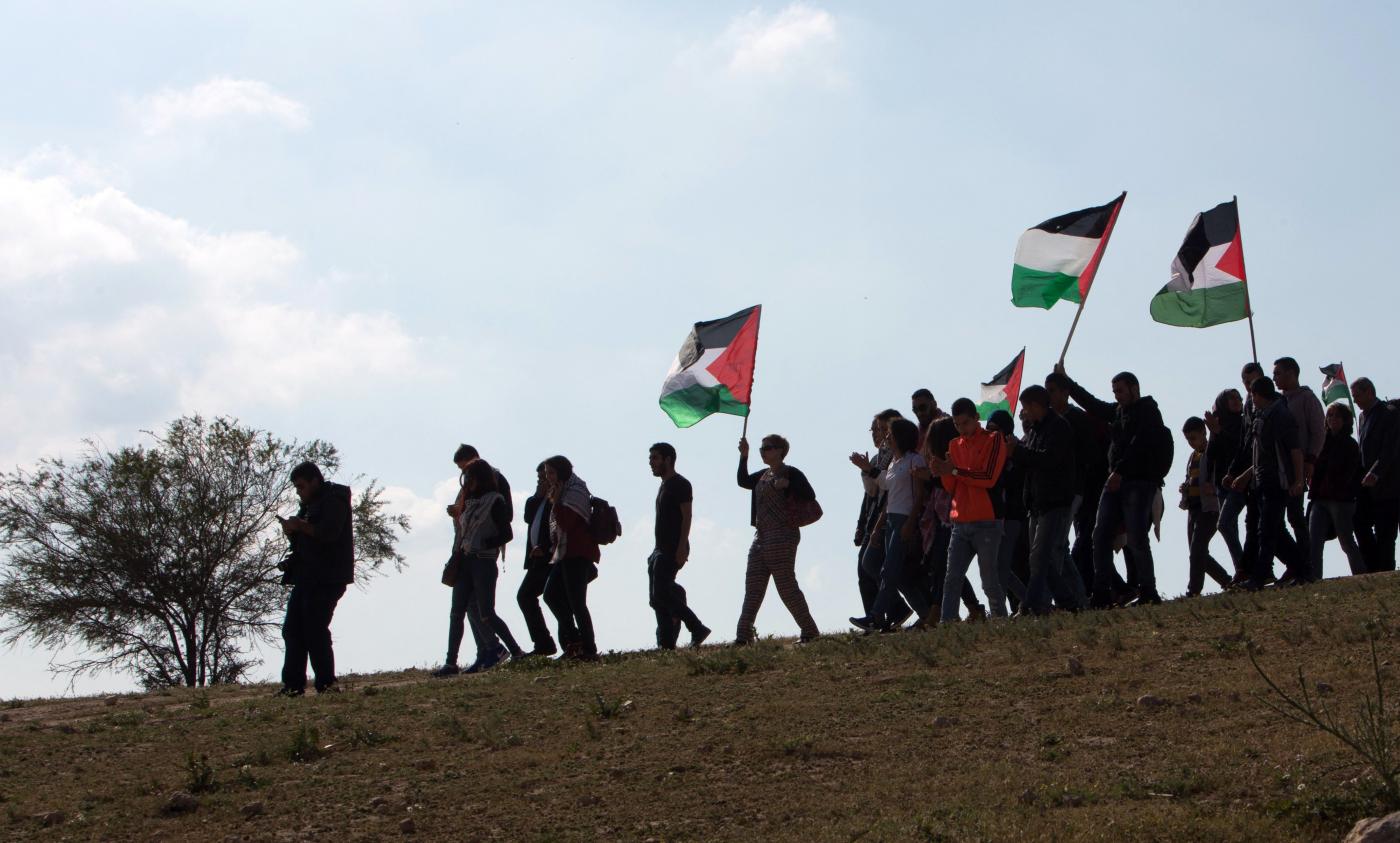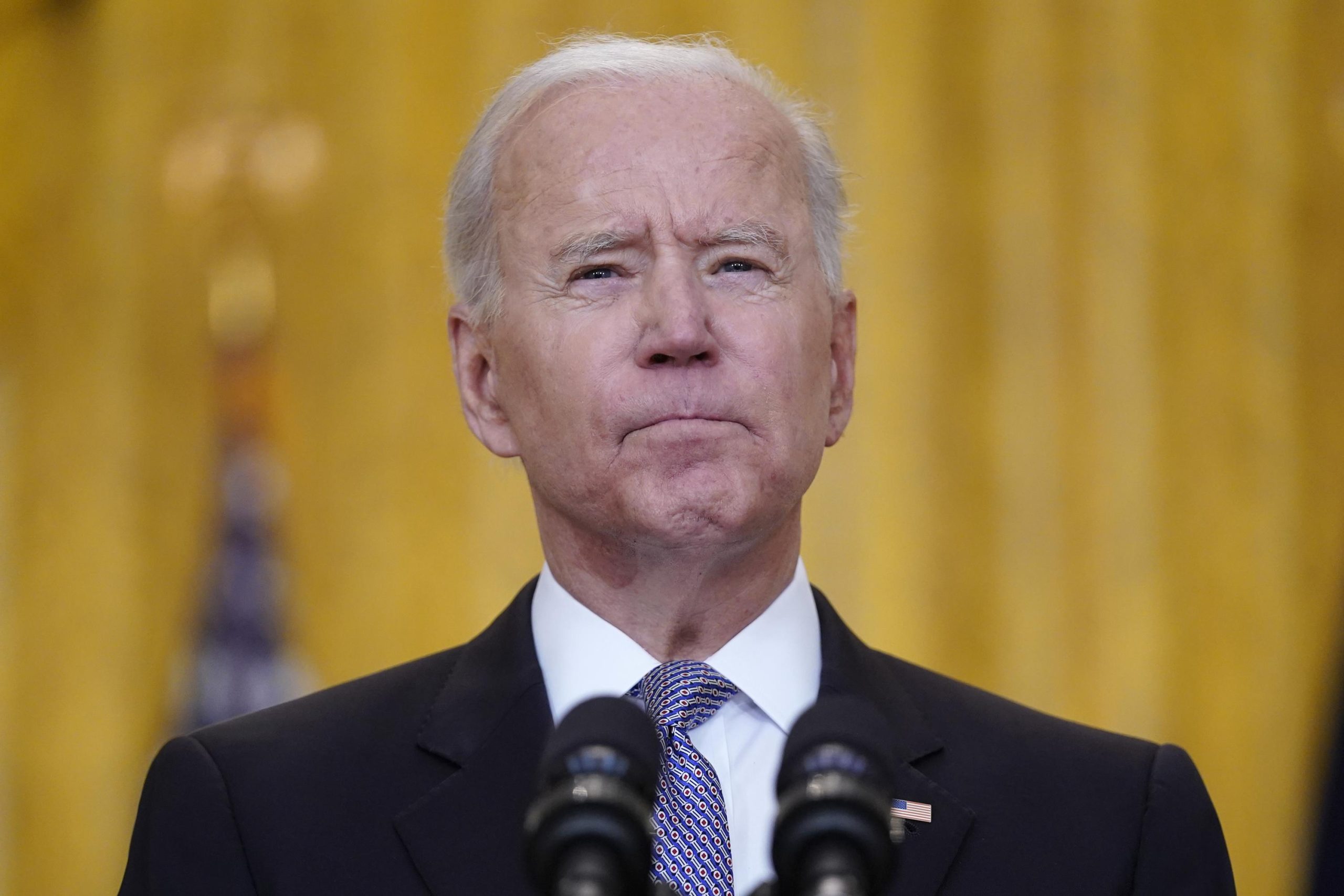By: Ahmed Abu Artema
March 30, the day of land is a day the Palestinian people commemorate to revive the events of that date in 1976.
In 30 March 1976, the Palestinian people organized general strike and marches in Palestinian towns from the Galilee to the Negev in response to the Zionist government’s announcement of a plan to expropriate thousands of dunams of land for state purposes.
Confrontations erupted as the Zionist army and police suppressed the Palestinian marches, which left six defenseless Palestinian citizens killed, some 100 others were wounded, where hundreds of Palestinians were detained.
Since then, the Palestinian people have been celebrating Land Day on March 30, not only to commemorate the events of 1976, but for the land has a special status for the Palestinian people, as it is the essence of the struggle against the Zionist colonial project.
The Zionist project has been established based on stealing Palestinian lands, displacing the Palestinian landowners, and settling Jewish colonizers to replace the indigenous people.
Before the establishment of the State of “Israel” and its army, the militias of the Zionist movement used all methods of intimidation and harassment to displace the Palestinian people from their lands. History reports dozens of massacres committed by the Zionists to terrorize Palestinian citizens and push them to leave their homeland.
Seventy-five years after the establishment of the Israeli occupation state of Israel, the Israeli stealing of Palestinians’ lands and annexing Palestinian properties for the Israeli settlements have not stopped.
This confirms the reality of the Israeli expansionist settlement project, which insists on the complete displacement of Palestinian citizens and the complete seizure of their lands.
The Israeli occupation has all the tools of power and domination, including army and security devices, and a tremendous superiority in power. It controls all aspects of Palestinian life, with full official military, political, and economic Western support which encourages it to continue settlement projects and stealing of Palestinian lands.
The balance of power is not in favor of the Palestinians, though, this imbalance cannot not weaken their will to defend their rights. That is why the Palestinians have not given up after 75 years of resistance, steadfastness, and suffering huge losses to keep living in their land and confront the Israeli attempts to uproot them from their own lands.
The Palestinians’ association with their land is not just a fleeting relationship that can be bargained over if better opportunities become available. It is the soul of the Palestinians which is rooted in them over history, as they are like the perennial olive trees.
Therefore, it is not surprising that the Israeli occupation state is fighting the Palestinians and the olive together, as it has uprooted hundreds of thousands of olive trees since its establishment.
The olive tree reminds the Zionists that they are strangers to this land, and it is evidence of the authenticity of the Palestinian roots.
The Palestinians’ insistence on upholding their right to the land deprived the Zionist colonial project of the stability it was looking for. The Zionist project has been dreaming of establishing a state like the United States after annihilating the indigenous Palestinian people and vacating their land.
However, the survival of the Palestinians has thwarted it. The State of “Israel” is still living in a state of moral and political instability in light of the deep Palestinian presence in their land.
The Palestinian people know that their steadfastness on their land alone is resistance and that if the balance of power is not in their favor today, then their survival deprives the Zionist project of an unjust settlement that ends their cause.
Therefore, the Palestinians bear the price of their survival and pay a heavy cost due to the daily Zionist methods of terrorism, as well as their suffering at hands of the Israeli occupation and its settlers. Though, they do not surrender.
Shortlink for this post: https://daysofpalestine.ps/?p=38195








